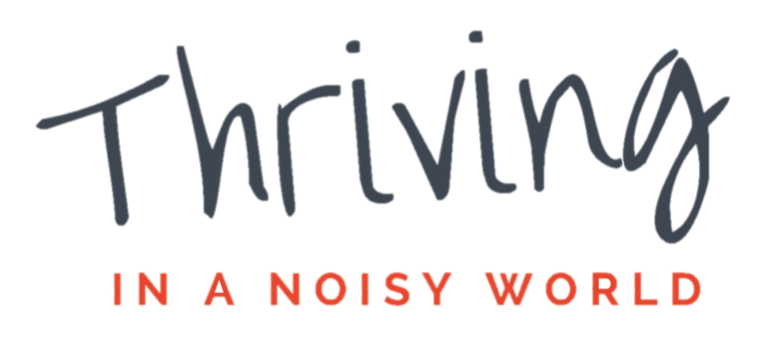We live in such polarizing times. There's a saying that goes: "The world is divided into those who think they're right." And that's the whole saying.
As I explored in last week’s letter, we all have an inner critic that focuses on what’s wrong with us, others, and our circumstances. I think of it as inner fake news.
Believing “something is wrong with me” divides us against ourselves. Believing “something is wrong with you” divides us against each other. When we feel inferior or superior, we lose touch with the intrinsic worthiness of everyone. We are not connected to a deep sense of belonging to ourselves, each other, and nature.
In these divisive and challenging times, it’s so easy to fall into judgment. I catch myself every day.
Gandhi said: “Our beliefs create our thoughts. And our thoughts create our feelings. And the thoughts and feelings create our behavior. And our behavior creates our destiny.”
Our limiting and fear-based beliefs stem from our childhoods, generations past, and our culture. I grew up with a deeply held belief that once I become “perfect,” everything would be alright. I’d finally be worthy of love and belonging. I behaved in ways consistent with that belief (being in perfectionist mode) and ended up getting responses that reaffirmed it. So we get caught in a cycle – our beliefs lead to behaviors that strengthen them in turn.
The first step in freeing ourselves from limiting and fear-based beliefs is to become aware of them. When we notice we are getting caught in emotional reactivity, we can ask: What am I believing right now? And we can pause and bring awareness to what's actually going on in our lived experience.
We can realize that our limiting beliefs are real but not true. And we can find out who we really are underneath them. We can trust the goodness, love, and presence that is our being.
Whatever we practice grows stronger. We can actively replace our inner critic and limiting beliefs with a kinder and wiser response.
What would your life be like if you didn’t believe anything was wrong with you (and others)?
Below are a few resources that I hope might be supportive for you.
With love,
Sarah-Marie
Resources
[PRACTICES]
Self-Reflection: Investigating limiting beliefs
The following questions, adapted from Byron Katie's work, can be helpful for investigating and loosening the grip of limiting beliefs:
What am I believing?
Is this really true?
What is it like to live with this belief?
What does the vulnerability (hurt/fear) under the belief need?
What stops me from letting go of this belief?
What would my life be like without this belief?
Who (or what) would I be if I no longer lived with this belief?
Thanking Your Inner Critic
When you notice your inner critic as you go about your day, you can stop, take a conscious breath, and say "Thank you for trying to protect me. I've got this. I am OK for now." You can focus your attention on your breath, sound, or the sensations in your body to not get hijacked by the inner critic/judge and come back to the present moment.
Poem
Excerpt from “Peace is This Moment Without Judgment” by Dorothy Hunt
“Peace is this moment without judgment.
That is all. This moment in the Heart-space
where everything that is is welcome.
Peace is this moment without thinking
that it should be some other way,
that you should feel some other thing,
that your life should unfold according to your plans.
Peace is this moment without judgment,
this moment in the heart-space where
everything that is is welcome.”
Guided Meditations
RAIN of Self-Compassion [16:34] to work with difficult emotions and cultivate self-compassion.
Self-Compassion Break [10:42] to work with a difficulty in your life.
Coming Home to Presence [16:59] to practice mindfulness of breath, body, and emotions.
Lovingkindness for Self & Others [19:51] to cultivate kindness toward yourself and others.
Cultivating Compassion for Others [10:56] to practice cultivating compassion for others who are struggling




